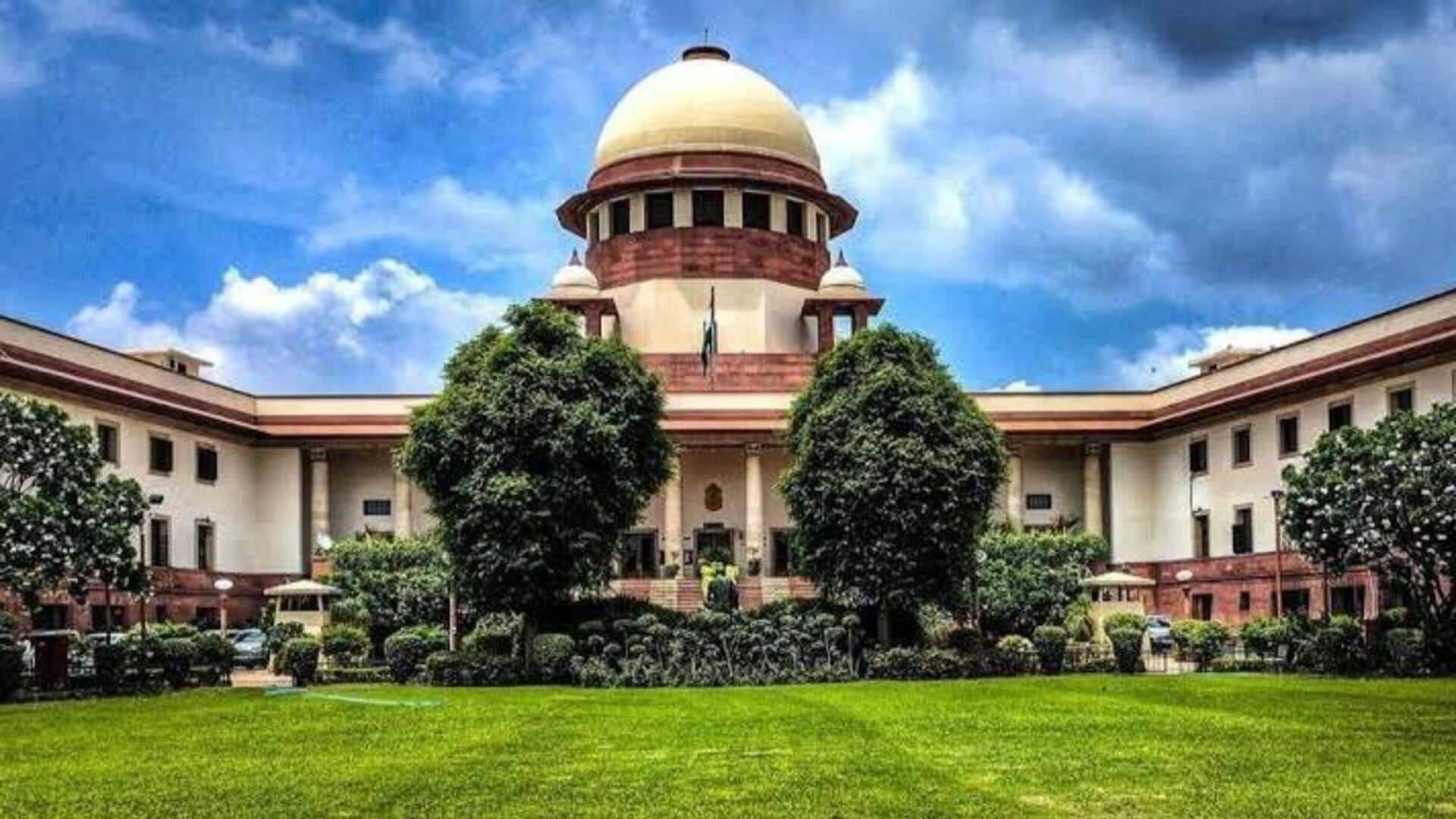
SC dismisses Telangana's plea against stay on 42% OBC reservation
What's the story
The Supreme Court has refused to intervene in the Telangana High Court's decision to stay the state's increase of Other Backward Classes (OBC) reservation in municipalities and panchayats. The state government had raised OBC reservation to 42%, taking total reservations to 67%. This move was challenged by a number of petitions and stayed by a division Bench of the Telangana High Court.
Dismissed appeal
'Elections can continue...': SC on Telangana's OBC reservation row
Refusing to interfere, a Supreme Court bench, comprising Justice Vikram Nath and Justice Sandeep Mehta, on Monday said local elections could continue without implementing the proposed hike in OBC reservations. "You may continue with your elections... (State's appeal) dismissed... The order shall not affect the High Court in deciding the case on its own merits," it said.
Case
Case concerns 3 state orders
The case revolves around three government orders (GOs) passed by the Telangana government on September 26. One of the GOs ordered that OBC individuals receive a 42% reservation in local bodies. The other two GOs laid down guidelines for the implementation of such reservations in elections to Mandal Praja Parishads, Zilla Praja Parishads, and Gram Panchayats under the Telangana Panchayat Raj Act of 2018. Following these orders, several petitions were filed challenging them.
Court's decision
High court passed order in October
On October 9, a high court Bench comprising Chief Justice Aparesh Kumar Singh and Justice GM Mohiuddin ruled that such an increase in the OBC quota appeared to contravene the Supreme Court's 50 percent ceiling set for such reservation in various case laws. It thus stayed the GOs while noting that the local body elections can take place without implementing the proposed OBC quota increase.
Reservation debate
Arguments from state
During the hearing on Monday, Senior Advocate AM Singhvi, representing the Telangana government, argued that the Supreme Court has not established a rigid 50% norm for reservations. He claimed that it is a common misperception that the Supreme Court's decision in the Indra Sawhney case (1992) imposed a strict 50% cap on reservations for backward classes in all cases. He emphasized that the ruling allows this ceiling to be exceeded in exceptional instances.
Court
High court hearing in December
"Is there an absolute limit of 50 percent? ... If you hold that there is an absolute 50 percent cap on reservation. What is to be done in a state where the OBC population exceeds 70 percent?" he argued. However, the SC was not persuaded to overturn the high court's stay order and denied the state's request. The high court is due to hear the case in December.